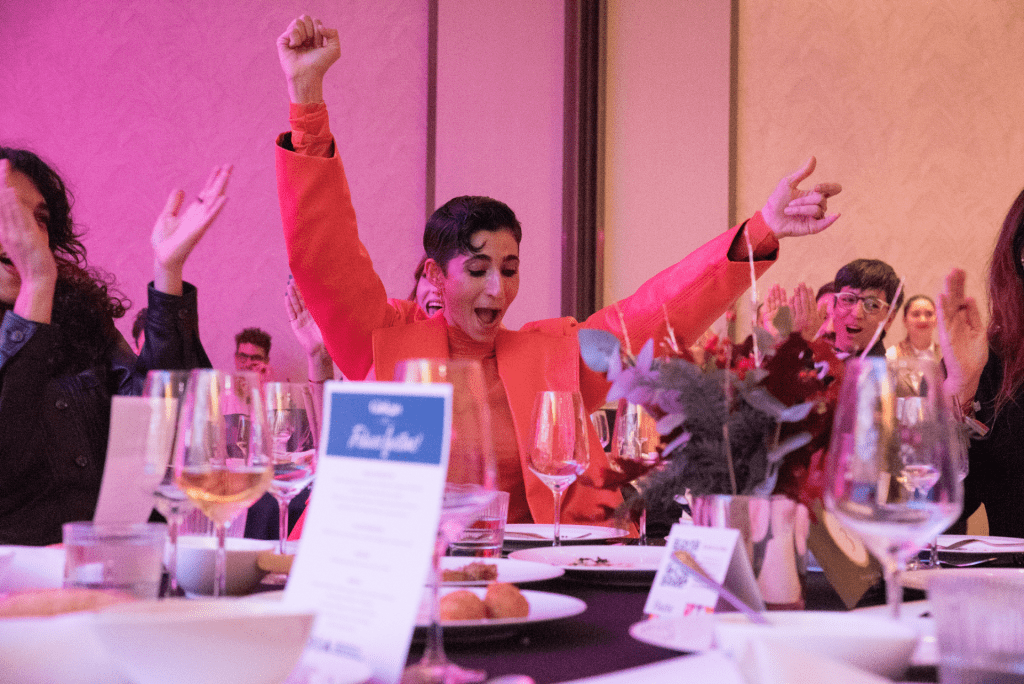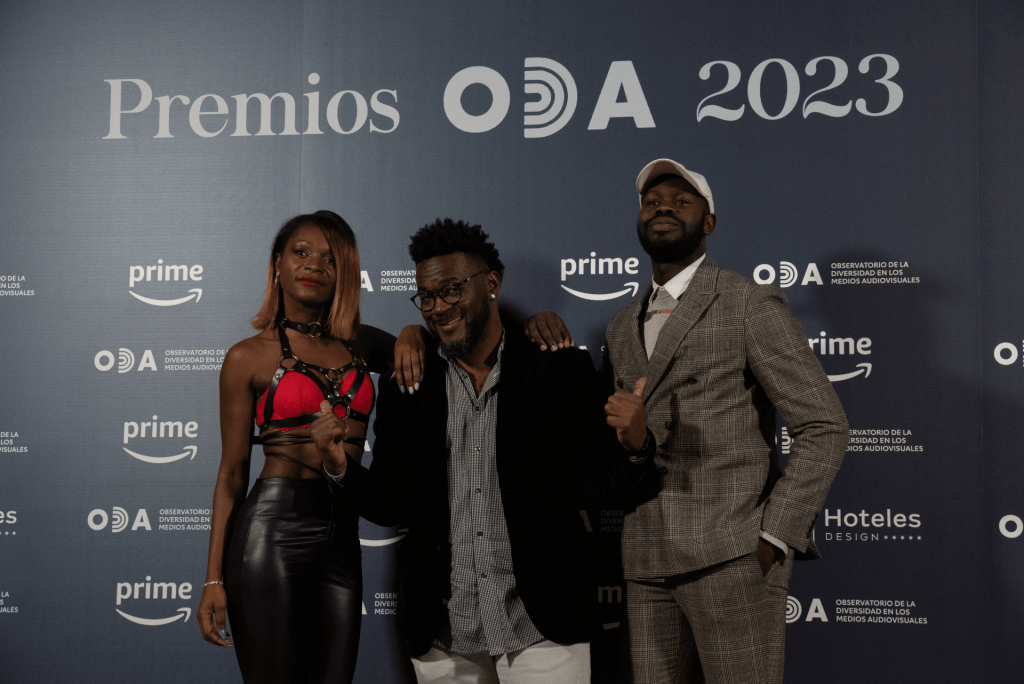By Dr Elisabeth Bolorinos Allard, Lecturer in Spanish Peninsular Studies, Department of Hispanic, Portuguese and Latin American Studies
Dr Elisabeth Bolorinos Allard tells us about a collaborative project which seeks to re-evaluate how Spain’s colonial history is taught in secondary schools. With Moroccans comprising the country’s largest foreign-born population and little more than a paragraph devoted to the colonisation of Morocco and the Western Sahara in the Spanish national curriculum, Elisabeth’s research is a timely intervention. The project received an AHRC Impact Acceleration Account award and shows the positive influence of arts research.
The background
The Rif region of northern Morocco was a colonial protectorate of Spain from 1912-1956, a period marked by violent conflict between Spain and the colonial resistance movement led by Muhammad bin Abd al-Karīm al-Khaṭābī, particularly during the Rif War (1921-1927). This war involved traumatic events such as the loss of 15,000 Spanish lives in less than two weeks after Abd al-Karīm’s offensive on the Spanish outpost of Annual in 1921 and Spain’s use of mustard gas against the civilian population of Morocco in 1924. While the collective historical memory of the Spanish Civil War (1936-1939) has long preoccupied Spanish society, the memory of colonialism in North Africa is rarely discussed.

The research
Dr Bolorinos Allard’s 2021 book Spanish National Identity, Colonial Power, and the Portrayal of Muslims and Jews during the Rif War brought a new focus in scholarship to the cultural anxieties underpinning Spanish colonialism and how they played a crucial role in shaping the national discourses of both socialism and fascism in Spain in the early twentieth century. In 2022 she presented a conference paper in Spain with a secondary school educator from Madrid, Dr. Cristina Luz García Gutiérrez, comparing perspectives on the relationship between Spain and Morocco in the 1920s and in the 2020s. As of 2021 there were approximately 900,000 Moroccans living in Spain, making them the largest foreign-born population in the country. Since large-scale immigration from Morocco to Spain began in the 1990s a much greater number of Spaniards between the ages of 14-18 trace their heritage to Morocco. This is especially the case in urban areas such as Torrejón de Ardoz, where Dr García teaches.

The project and its impact
Funding from the AHRC’s Impact Acceleration Account enabled Dr Bolorinos Allard and Dr García to run a pilot workshop in IES Veredillas, a secondary school in Torrejón (Madrid), in June 2025. The workshop, designed for history and geography classes in year 7, takes an arts-based approach to the history of Spain in the Rif. Students were introduced to the history of the Rif War and the decolonisation of Morocco and the Western Sahara by looking at a series of primary sources. They were then invited to reflect on the definition of historical memory and discuss different types of historical memory (monuments, commemorative events, exhibitions, etc). Finally, they were given the assignment, in groups, of creating an object of historical memory to commemorate these two historical events in a way that integrated both Spanish and North African perspectives.

The project fostered rich dialogue in the classroom around painful historical experiences and how they might be remembered in the multicultural society that Spain is today. For instance, in the survey we conducted about the workshop, one student said, ‘we need to be learning about this and talking about it because there are so many Moroccans living in Spain today.’ The students offered insightful proposals on historical memory, suggesting, for instance, a ‘national day of reflection’ on the trauma Rif War and new monuments with inscriptions in Amazigh, Spanish, and Arabic, and a new literature prize named after the Saharaui activist Brahim Ghali. Dr Bolorinos Allard and Dr García were able to share their reflections on the workshop as part of a panel of academics, teachers, and policy makers at a public event on 9 June 2025 the ILE (Instituto Libre de la Enseñanza) in Madrid.
Next steps
Integrating feedback from the students that participated in the workshop as well as evaluations from other university and secondary school educators on the above event, we are now working to develop an online resource so that teachers across Spain can run the workshop in their schools. We are also hoping to expand the scope of the project to include workshops on Spanish colonial history in the Americas, the Philippines, and Equatorial Guinea. Watch this space!
Dr Elisabeth Bolorinos Allard is a Lecturer in Spanish Peninsular Studies in the School of Modern Languages whose research explores ideas about race, cultural lineage, and national identity in the Iberian Peninsula from the end of the nineteenth century to the present. To find out more about Elisabeth’s work, please contact e.bolorinosallard@bristol.ac.uk.













